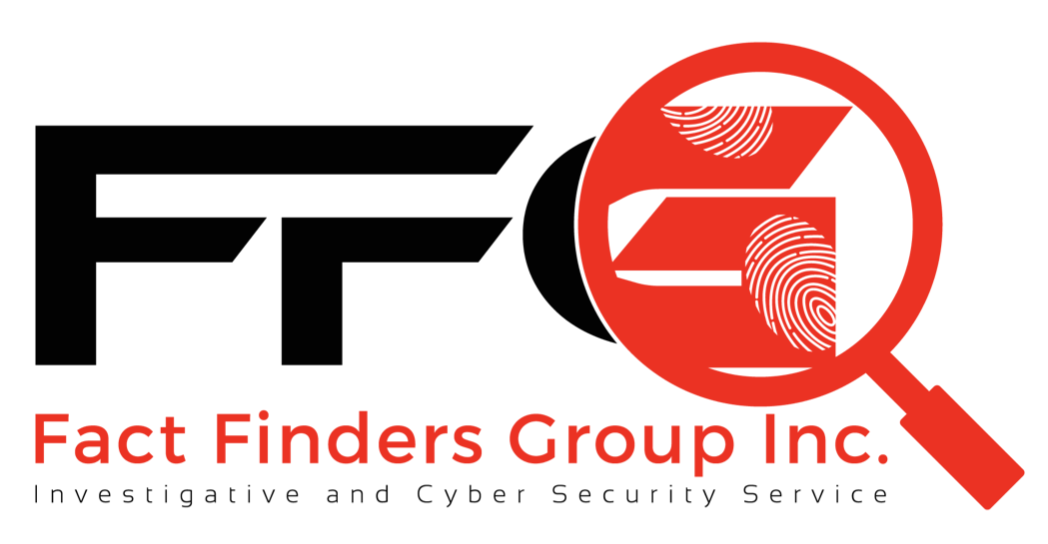COVID-19 Vaccine Scams a 'Growing Problem' Amid Chaotic Rollout
An ad for the COVID-19 vaccine on Craigslist. Telephone offers of home delivery of the vaccine. Text messages inviting you to set up an appointment for a coronavirus vaccination. Offers of “leftover” vaccine supposedly up for grabs.
When it comes to vaccine scams, federal and state officials have seen it all. And during what has been a confused rollout of the sought-after shots, a top official at the U.S. Department of Health and Human Services (HHS) warns that more scams are ahead.
"It's a growing problem. We're going to start seeing these types of scams increase,” says Nenette Day, an assistant special agent in charge of the watchdog arm of HHS. Complaints about vaccines scams are made daily, with multiple complaints on some days, and they come from across the U.S., she says.
Day, 53, a former FBI agent and a 20-year veteran of federal law enforcement, says what is most worrisome to her is what Interpol has reported happening in three countries in Asia: People are getting injected with what is billed as a COVID-19 vaccine but in fact is something else, such as an antibiotic or water.
Vaccine scams emerge from coast to coast
Her observations come amid scam warnings from officials from coast to coast about criminals seeking money or sensitive data from unsuspecting consumers who simply want to protect themselves from the deadly virus.
In Florida, Attorney General Ashley Moody said last week that criminal prosecutors and consumer-protection investigators in her office are pursuing reports of scammers “taking money in exchange for phony COVID-19 vaccine reservations.” Some counties in her state have turned to ticketing services such as Eventbrite to schedule appointments, but “no county is charging for vaccine reservations,” she said. Be wary of websites with pop-up ads for a vaccine appointment, Moody urged.
In Iowa, Attorney General Tom Miller said something that bears repeating: “Scammers follow the headlines, and they'll take advantage of our excitement, confusion and other emotions.” In Iowa, there have been reports of a scammer contacting residents “to sell a ticket of some kind to you or an older adult guaranteeing a place on a waiting list” for the vaccine, Miller said.
In Colorado, Attorney General Phil Weiser issued a warning about vaccine scams targeted at older folks. “A lot of the older Coloradans, who may be more trusting and willing to pick up the phone, are going to be those who are most preyed on and victims of such scams,” he said. “Whether it's your parents or grandparents — anyone you know who is vulnerable — please encourage them to be on their guard."
The agencies offered these tips for avoiding COVID-19 vaccine fraud
Consult your state's health department website for up-to-date information about authorized vaccine distribution channels. Obtain a vaccine only through such channels
Check the FDA's website for current information about vaccine emergency use authorizations.
Consult your primary care physician before having any vaccination.
Don't share your personal or health information with anyone other than known, trusted medical professionals.
Check your medical bills and insurance explanation of benefits (EOBs) for suspicious claims, and promptly report errors to your health insurance provider.
Follow guidance from the U.S. Centers for Disease Control and Prevention and other trusted medical professionals.
Be Aware Of…
Advertisements or offers for early access to a vaccine upon payment of a deposit or fee.
Requests to pay out of pocket to obtain the vaccine or to put your name on a COVID-19 vaccine waiting list.
Offers to undergo additional medical testing or procedures when obtaining a vaccine.
Marketers offering to sell and/or ship doses of a vaccine, domestically or internationally, in exchange for payment of a deposit or fee.
Unsolicited emails, telephone calls or personal contact from someone claiming to be from a medical office, insurance company or COVID-19 vaccine center and requesting personal and/or medical information to determine eligibility to participate in clinical vaccine trials or obtain the vaccine.
Claims of Food and Drug Administration (FDA) approval for a vaccine that cannot be verified.
Advertisements for vaccines through social media platforms, emails, telephone calls, online or from unsolicited sources.
Individuals contacting you in person, by phone or by email to tell you that government officials require you to receive a COVID-19 vaccine.

